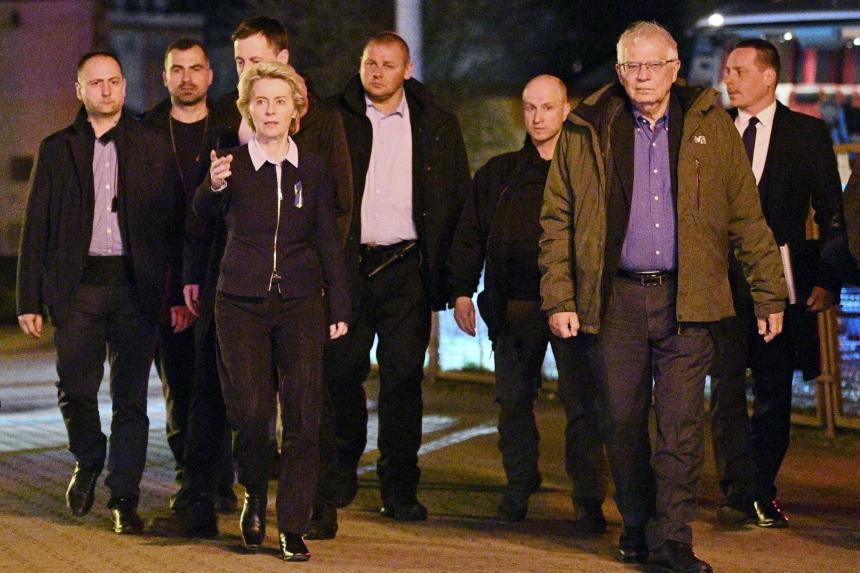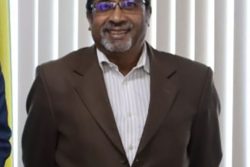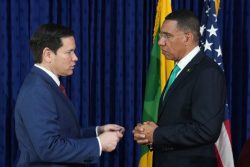KYIV, (Reuters) – The European Commission chief and the EU’s top diplomat arrived in Kyiv today to offer Ukrainian President Volodymyr Zelenskiy support and reassurance over his bid for EU membership in a capital gradually reviving after Russia pulled back forces.
Travelling by train from Brussels to Kyiv, European Commission President Ursula von der Leyen told reporters the most important message she was bringing to Zelenskiy was that there “will be the EU path” for Ukraine.
“Usually it takes years before the EU council accepts application for membership but Ukraine did that in a week or two and I ask to move forward as soon as possible,” she said. “Our goal is present Ukraine application to council this summer.”
Six weeks into Russia’s invasion of Ukraine, she pledged her support for Kyiv to “emerge from the war as a democratic country”, something, she said, the European Union and other donors would help with.
It was a message echoed by Josep Borrell, the EU’s chief diplomat, who also told reporters the visit was a signal that “Ukraine is in control of its territory” and the government was still in charge.
“Ukraine is not a country invaded, dominated. There is still a government (which) receives people from outside and you can travel to Kyiv,” Borrell said, adding he hoped the EU would offer another 500 million euros ($543.25 million) to Kyiv in the coming days.
He also said the trip would allow the bloc to outline the measures the EU has taken to “isolate Russia” over its invasion of Ukraine, a war Moscow describes as a “special operation” to “denazify” its neighbour.
Zelenskiy rejects Moscow’s assertion, and says the war raging in parts of his country for the last six weeks is a direct attack on not only Ukraine’s existence, but also on the security of Europe as a whole.
Zelenskiy has urged Brussels to do more to punish Russia, including banning purchases of oil and gas from the country, and has called on the EU to accept Ukraine as a full member.
Borrell said oil sanctions were “a big elephant in the room”, with some concerns that a move to cut out Russian crude could cause a spike in prices painful to European economies. He said a decision on exports would be raised on Monday in Brussels.
Borrell and von der Leyen are the latest Western leaders to visit Kyiv after the prime ministers of Poland, Slovenia and the Czech Republic travelled to meet Zelenskiy last month.









